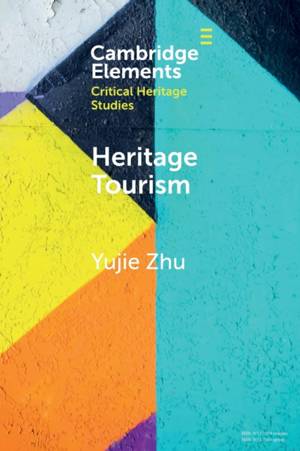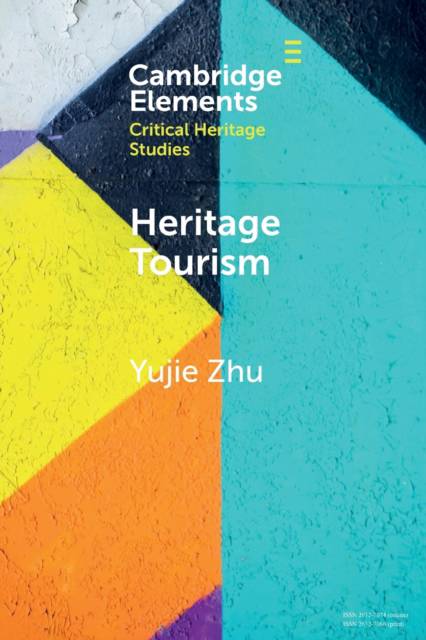
- Afhalen na 1 uur in een winkel met voorraad
- Gratis thuislevering in België vanaf € 30
- Ruim aanbod met 7 miljoen producten
- Afhalen na 1 uur in een winkel met voorraad
- Gratis thuislevering in België vanaf € 30
- Ruim aanbod met 7 miljoen producten
Zoeken
Omschrijving
As one of the world's fastest growing industries, heritage tourism is surrounded by political and ethical issues. This research explores the social and political effects and implications of heritage tourism through several pertinent topics. It examines the hegemonic power of heritage tourism and its consequences, the spectre of nationalism and colonialism in heritage-making, particularly for minorities and indigenous peoples, and the paradox of heritage tourism's role in combating these issues. Drawing from global cases, the study addresses a range of approaches and challenges of empowerment within the context of heritage tourism, including cultural landscapes, intangible heritage and eco-museums. The research argues that heritage tourism has the potential to develop as a form of co-production. It can be used to create a mechanism for community-centred governance that integrates recognition and interpretation and promotes dialogue, equity and diversity.
Specificaties
Betrokkenen
- Auteur(s):
- Uitgeverij:
Inhoud
- Aantal bladzijden:
- 75
- Taal:
- Engels
- Reeks:
Eigenschappen
- Productcode (EAN):
- 9781108823395
- Verschijningsdatum:
- 3/06/2021
- Uitvoering:
- Paperback
- Formaat:
- Trade paperback (VS)
- Afmetingen:
- 152 mm x 229 mm
- Gewicht:
- 127 g

Alleen bij Standaard Boekhandel
+ 63 punten op je klantenkaart van Standaard Boekhandel
Beoordelingen
We publiceren alleen reviews die voldoen aan de voorwaarden voor reviews. Bekijk onze voorwaarden voor reviews.











